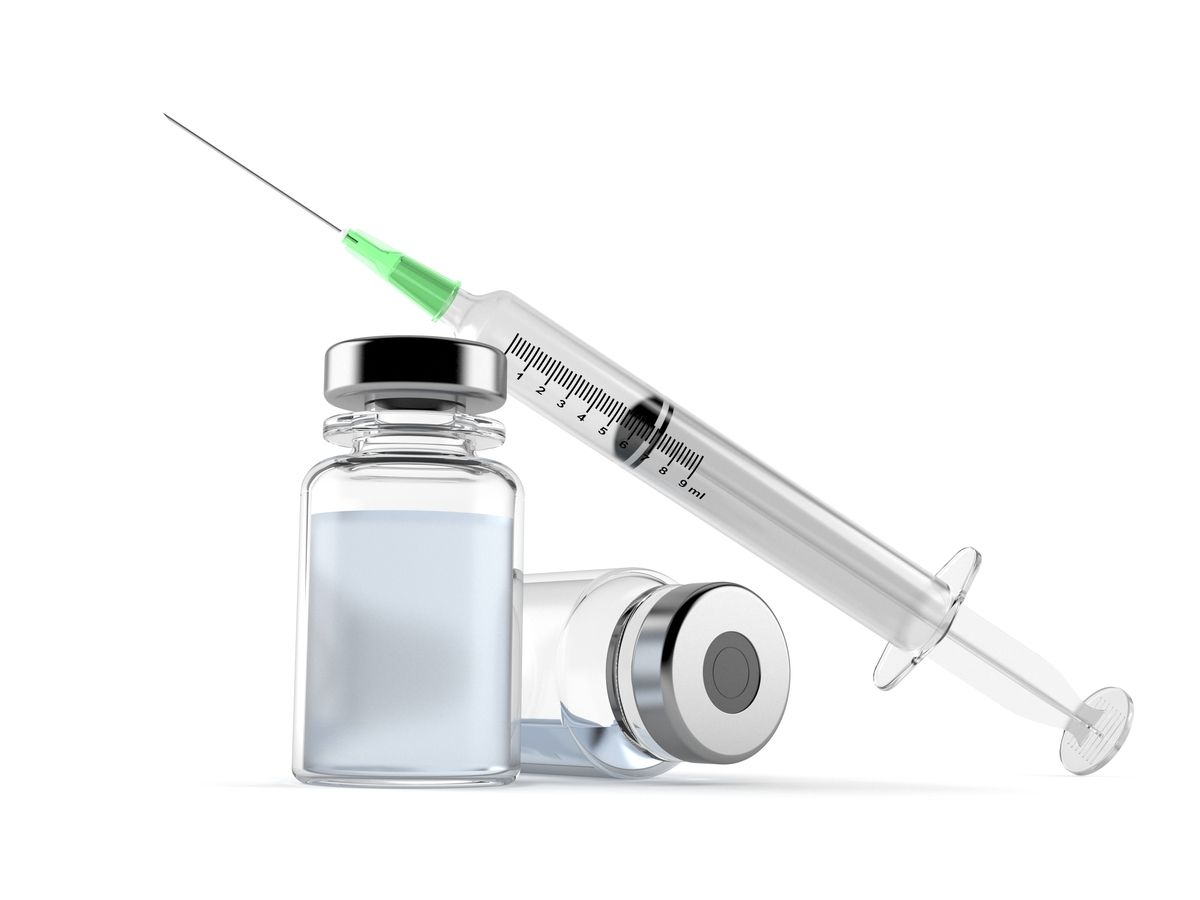- Bone Health
- Immunology
- Hematology
- Respiratory
- Dermatology
- Diabetes
- Gastroenterology
- Neurology
- Oncology
- Ophthalmology
- Rare Disease
- Rheumatology
Are Orphan Drug Biosimilars Too Costly and Difficult to Produce?
Potential developers of orphan drug biosimilars face daunting challenges to get these drugs approved and onto market, said a panel of experts.
It is tough enough to get manufacturers to take the plunge and develop biosimilars for even-lucrative drugs that address major diseases, so what are the chances of seeing biosimilars developed for orphan drugs? Very slim, said a panel of experts who spoke at the Festival of Biologics USA conference.
Orphan drugs address conditions that affect relatively small patient populations, and it is difficult to recruit patient populations large enough for clinical trials needed to prove that experimental drugs are going to be efficacious. The expense of development and the small patient base for these agents translate into very high prices, which it is why it is desirable to have lower-cost biosimilar versions.
But with orphan drugs, biosimilar developers face almost the same set of difficulties that originators do. “When you’re talking about biosimilars, this can be considered even more challenging,” said Leah Christl, PhD, executive director of Global Biosimilars Regulatory Affairs and Regulatory and Research and Development Policy at Amgen.
Product Samples and Clinical Trials
Biosimilar companies need samples of originator drugs so they can develop their own versions of these agents, but with orphan drugs, access to drug samples is heavily controlled, she said. After that come the clinical trials, and, again, recruiting patients is difficult and time consuming. Patients may not want to participate in clinical trials with a biosimilar candidate if they know that their rare condition is already in stable condition on the originator drug, which further narrows the already small pool of available trial candidates, Christl said.
It may therefore be helpful if regulators are flexible in their demands for evidence used to support orphan drug development and willing to consider alternative means of demonstrating bioequivalence between biosimilar candidates and reference products. “But where should you look for flexibilities from the regulatory and scientific side?” Christl asked. “Can you conduct studies, maybe, in healthy individuals?”
Regulatory approvals that are more reliant on molecular characterization than clinical trials might also be possible, she said. Along the way, it’s important to ensure that patients and providers are confident in the process used to establish biosimilarity. “We need to find ways that are right, from a scientific perspective, to answer the question, to maintain the confidence in those regulatory pathways and what regulators are doing when they’re approving a biosimilar,” she said.
Whatever happens, standards for approving biosimilars cannot be lowered for the sake of making it easier to have affordable medicines, said panelist Eva Temkin, JD, who served 8 years with the FDA, most recently as acting deputy director of Therapeutic Biologics and Biosimilars. “The FDA has an approval standard, and any product it approves has met that standard. There may be different pathways to that same end point. It may be that one product is approved based on more analytical data—tighter analytical data—and a different pharmacodynamic end point.”
What Europe Is Doing
The desire for less costly versions of originator drugs for orphan diseases is just as strong in Europe, said Julie Maréchal-Jamil, MSc, director of Biosimilar Policy and Science for Medicines for Europe, an industry group for generics and biosimilars producers. “The price tags are really high, so it’s a problem for patients and for health care systems if there is no prospect of competition ever.”
“In the orphan space in Europe, we are up for a very big overhaul of the regulation and legislation around this. I’m expecting that there will be quite a substantial amount of discussion, not only scientific, but bringing the science and the regulatory processes to serve that purpose and meet those objectives,” she said.
In Europe there have been incentives and other support granted to encourage the development of even originator drugs for orphan diseases, and the question is whether biosimilars will emerge for orphan drugs without the same incentives that were offered to originator companies, Maréchal-Jamil said. “Less than 11% of those orphan biologics have biosimilar candidates in development at the moment, so that gives a little bit of a perspective on the difficulty for biosimilar developers to overcome the risks that are set in front of us at the moment.”
For coverage on the regulatory environment for biosimilars from Festival of Biologics USA, click here.
Newsletter
Where clinical, regulatory, and economic perspectives converge—sign up for Center for Biosimilars® emails to get expert insights on emerging treatment paradigms, biosimilar policy, and real-world outcomes that shape patient care.

